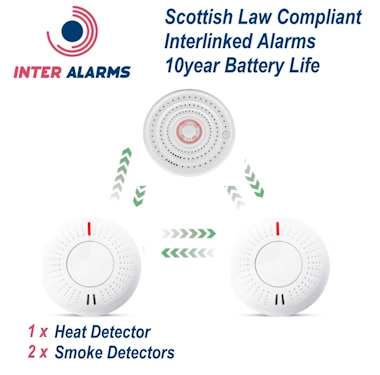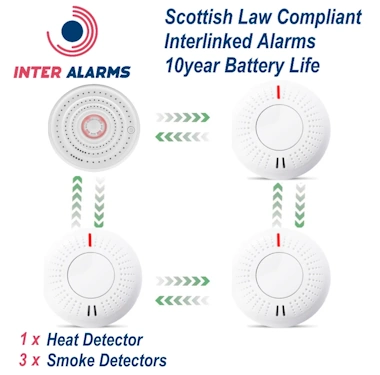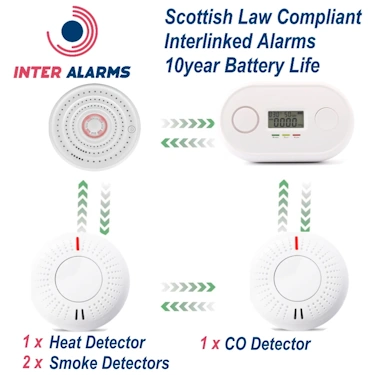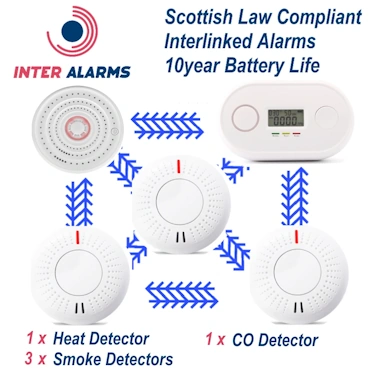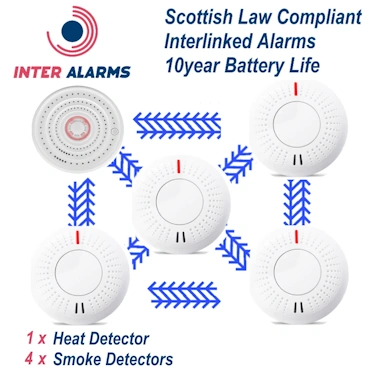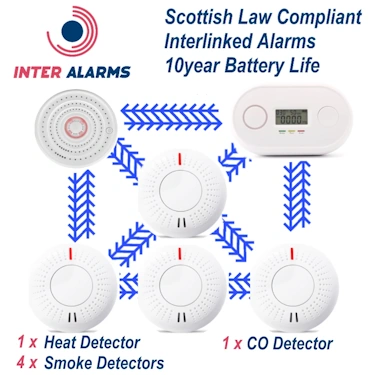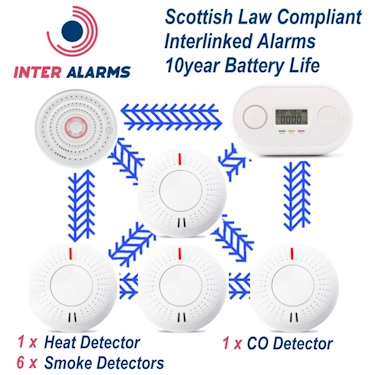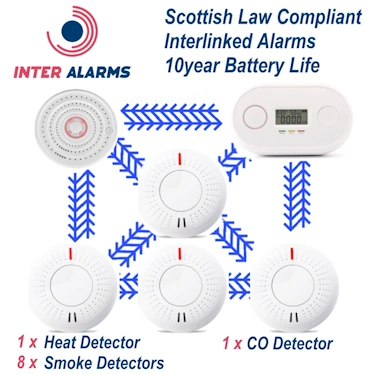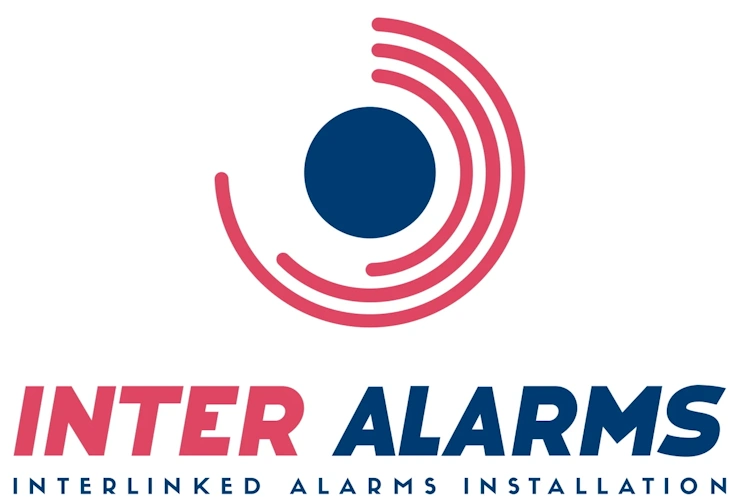Introduction
Smoke detectors and alarms are essential safety devices that play a critical role in protecting lives and property. They provide early warnings of potential fire hazards, giving you and your family the precious time needed to evacuate safely. In this comprehensive guide, we will explore the different types of smoke detectors and alarms, their importance, installation tips, and maintenance practices.
Why Smoke Detectors and Alarms are Important
Every year, thousands of homes are affected by fires, leading to significant property damage, injuries, and even fatalities. Smoke detectors and alarms play a vital role in reducing these risks by detecting smoke early and alerting occupants. According to the Fire Protection Association (FPA), having working smoke alarms in your home can cut the risk of dying in a fire by half.
Types of Smoke Detectors and Alarms
There are several types of smoke detectors and alarms available, each with its own advantages. Understanding the differences can help you choose the best option for your home.
Photoelectric Smoke Alarms
Photoelectric smoke alarms are better at detecting slow, smoldering fires. They use a light source and a sensor; when smoke enters the chamber, it scatters the light, which is detected by the sensor, triggering the alarm.
Dual-Sensor Smoke Alarms
Dual-sensor smoke alarms combine both ionization and photoelectric technologies, providing comprehensive protection against both fast-flaming and slow-smoldering fires.
Combination Smoke and Carbon Monoxide Alarms
These alarms offer protection against both smoke and carbon monoxide (CO) poisoning. They are ideal for homes with fuel-burning appliances, fireplaces, or attached garages.
Installation Tips
Proper installation of smoke detectors and alarms is crucial for their effectiveness. Here are some tips to ensure optimal placement and performance:
- Install in Main Living Area: Place a smoke alarm in the main daytime living area.
- Install on Every Level: Place smoke alarms on every level of your home, including the basement.
- Outside Sleeping Areas: Install alarms outside each bedroom.
- High Placement: Smoke rises, so mount alarms high on walls or ceilings.
- Away from Kitchens and Bathrooms: To avoid false alarms, install smoke detectors at least 10 feet away from cooking appliances and bathrooms. In Kitchens install a Heat Alarm
- Interconnected Alarms: For enhanced safety, use interconnected smoke alarms so that when one alarm sounds, they all do.
Maintenance and Testing
Regular maintenance and testing of your smoke detectors and alarms are essential to ensure they function correctly. Follow these guidelines to keep your alarms in top condition:
- Test Monthly: Test your smoke alarms monthly by pressing the test button.
- Clean Regularly: Dust and debris can interfere with the sensors. Clean your alarms regularly with a vacuum or a soft brush.
- Replace Units: Smoke alarms have a lifespan of about 10 years. Replace them after this period to ensure continued protection.
Common Myths About Smoke Detectors
There are several myths and misconceptions about smoke detectors that can lead to improper use and maintenance. Here are some common myths debunked:
Myth 1: Smoke Detectors Last Forever
Fact: Smoke detectors have a lifespan of about 10 years. After this period, their sensors become less effective, and they should be replaced to ensure continued protection.
Myth 2: You Only Need One Smoke Detector
Fact: For optimal protection, you should have smoke detectors on every level of your home, and outside each sleeping area.
Myth 3: Smoke Detectors Don't Need Maintenance
Fact: Regular maintenance, including testing and cleaning, is essential to ensure smoke detectors function correctly. Neglecting maintenance can lead to false alarms or failure to detect smoke.
Choosing the Right Smoke Detector for Your Home
When selecting a smoke detector, consider the following factors to ensure you choose the best option for your home:
Type of Smoke Detector
Consider whether you need an ionization, photoelectric, dual-sensor, or combination smoke and carbon monoxide detector based on your specific needs and the layout of your home.
Power Source
Smoke detectors can be battery-powered, hardwired, or a combination of both. Battery-powered detectors are easier to install, while hardwired detectors offer more reliable power and can be interconnected.
Additional Features
Look for additional features such as smart connectivity, voice alerts, and self-testing capabilities to enhance the functionality and convenience of your smoke detectors.
Compliance with Standards
Ensure that the smoke detectors you choose comply with relevant safety standards and regulations, such as those set by the NFPA or your local fire department.
Conclusion
Smoke detectors and alarms are indispensable tools for safeguarding your home and loved ones from fire hazards. By understanding the different types, proper installation, and maintenance practices, you can ensure your home is well-protected. Don't wait until it's too late—install and maintain your smoke alarms today for peace of mind and safety.
